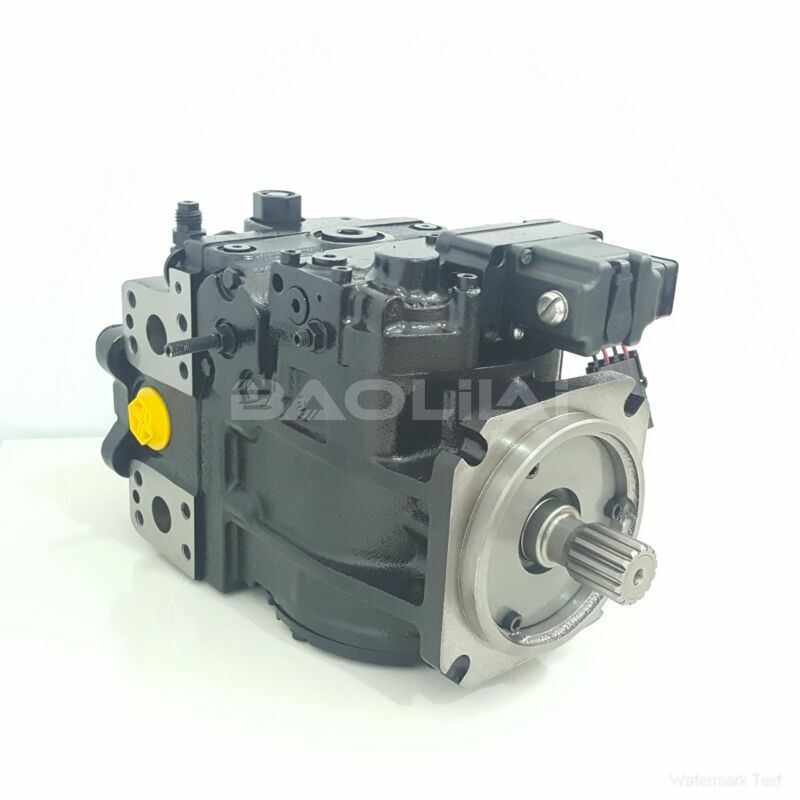90L075MA1NN60S3C6D03GBA353524 danfoss pump
90L075MA1NN60S3C6D03GBA353524 danfoss pump

- Product Details
- Applicable Scene
In the realm of nuclear power generation, safety is paramount. One critical aspect of ensuring safety is the effectiveness of emergency cooling systems (ECS), which are vital in maintaining reactor temperature during abnormal conditions. Hydraulic oil pumps play a significant role in enhancing the efficiency of these systems, ensuring that cooling mechanisms operate seamlessly under pressure.
90-L-075-MA-1-NN-60-S-3-C6-D-03-GBA-35-35-24
90L075MA1NN60S3C6D03GBA353524
Emergency cooling systems are designed to mitigate the risk of overheating by providing a constant flow of coolant to the reactor core during emergencies, such as power outages or system failures. In this context, hydraulic oil pumps serve as essential components that facilitate the operation of various cooling systems, ensuring that they respond quickly and effectively to any adverse situations.

9522101
One of the primary advantages of hydraulic oil pumps in ECS is their powerful and precise ability to move fluids. These pumps generate high pressure and flow rates, which are crucial during emergencies when every second counts. The ability to rapidly circulate coolant can significantly reduce the risk of fuel damage, thus preserving reactor integrity. The hydraulic system can engage multiple cooling lines quickly, distributing coolant where it is most needed, ensuring that the reactor core remains within safe temperature limits.
Additionally, hydraulic oil pumps are known for their reliability and durability, two crucial characteristics in the nuclear sector. Given the critical nature of their application, these pumps are designed to withstand extreme conditions, including high pressures and temperatures. Furthermore, they have fewer mechanical parts than traditional pumps, which translates to reduced maintenance needs and a lower chance of failure. This reliability is vital for ensuring that emergency cooling systems function without interruptions when most needed.
Hydraulic oil systems can also be easily integrated with advanced control systems that monitor reactor conditions in real-time. These systems can adjust the pump’s operation dynamically, responding to varying cooling demands depending on the reactor’s status. This intelligent management further enhances efficiency, as it minimizes energy consumption while maximizing cooling performance, thus aligning with modern sustainability goals in energy management.





